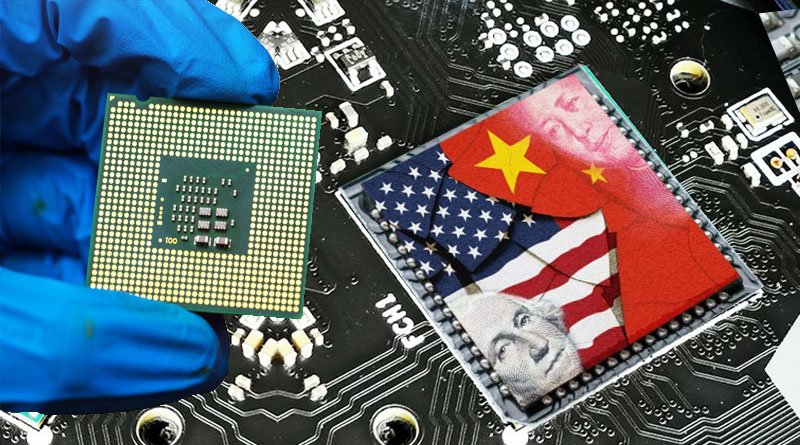AXT, a company with headquarters in California and factories in China, announced that its Chinese subsidiary Tongmei would start the application process right away.

AXT Inc. (AXTI.O), a manufacturer of U.S. semiconductor wafers, announced on Monday that it would seek permission to continue exporting germanium and gallium substrate products from China after Beijing abruptly imposed export controls on the metals essential to chip manufacturing.
AXT, a company with headquarters in California and factories in China, announced that its Chinese subsidiary Tongmei would start the application process right away.
Morris Young, CEO of AXT Inc, said, “We are actively pursuing the necessary permits and are working to minimise any potential disruption to our customers.”
In order to safeguard its interests and national security, China’s commerce ministry announced on Monday that it would begin controlling the export of eight gallium products and six germanium products on August 1.
The controls come as Washington considers new restrictions on the shipment of high-tech microchips to China and are the latest salvo in an escalating conflict between Beijing and Washington over access to high-tech microchips.
According to AXT, the export of germanium and gallium arsenide substrates from China generated about $4.3 million in revenue in the first quarter, primarily for consumer, automotive, display, and industrial applications.
Power electronics to 5G base stations use gallium-based compound semiconductors such as gallium nitride and gallium arsenide. Germanium is also used in solar cells, fibre optic cables, and infrared technology.
After Beijing barred some domestic sectors from buying products from American memory chipmaker Micron (MU.O) in May, Jefferies analysts stated in a note that China produced 80% of the materials globally and that they saw this as China’s second and much more significant countermeasure in the U.S.-China tech war.
The controls are most likely a reaction to a potential tightening of an AI chip ban by the United States, according to the analysts.
They warned that “the risk of a rapid escalation of US-China tension is not small.”
More export restrictions for rare earth should be anticipated if this action doesn’t alter the U.S.-China dynamic.
In an effort to stop their technology from being used by China’s military, the US and the Netherlands plan to deliver a one-two punch to China’s chipmakers this summer by further restricting sales of chipmaking equipment.
According to customs data cited by the news website Caixin, the Netherlands, Germany, and Japan were China’s top importers of gallium products in 2022. Japan, France, Germany, and the US are the top importers of germanium products.